For many gamers, myself included, one of the most challenging things can be sitting down to play at a table full of unfamiliar faces. Whether you’re trying to find a new gaming group or starting your own open gaming night, making connections to strangers is an essential part of the hobby. Over the years, I’ve developed a few helpful habits that can ease the stress of gaming with strangers and hopefully make the whole experience more pleasant for everyone.
Note: gamers are a diverse group, so no one piece of advice will be universal. I encourage you to adapt these behaviors to your personal abilities/comfort level.
The Game of the Name
In the rush to get settled at a table and dig into an exciting new game, it’s easy to forget even the most basic niceties. It happens to me more than I would like: halfway through a turn, I’ll go to ask someone for help with a piece or a rule and realize that I have absolutely no idea what their name is. While most people are fairly understanding, it’s slightly embarrassing to admit that I didn’t respect my opponent (or teammate!) enough to learn their name. As a result, I try to remind myself at the start of every game to introduce myself and ask everyone’s name, repeating it out loud to make sure I’ve got it correct. If possible, I try to use each player’s name at least once before the first round of play is over to help cement it in my mind.
One common complaint I’ve heard is that some people just aren’t good with names. I don’t doubt that’s true, but for most of us, our ability to remember a name is based on two things: how frequently we use it and how important it is to us. I wouldn’t say I’m particularly good with names… yet I can tell you who Uwe Rosenberg and Vlaada Chvatil are without even a moment’s hesitation. If you can remember who designed the game, surely you can remember who you’re playing it with.
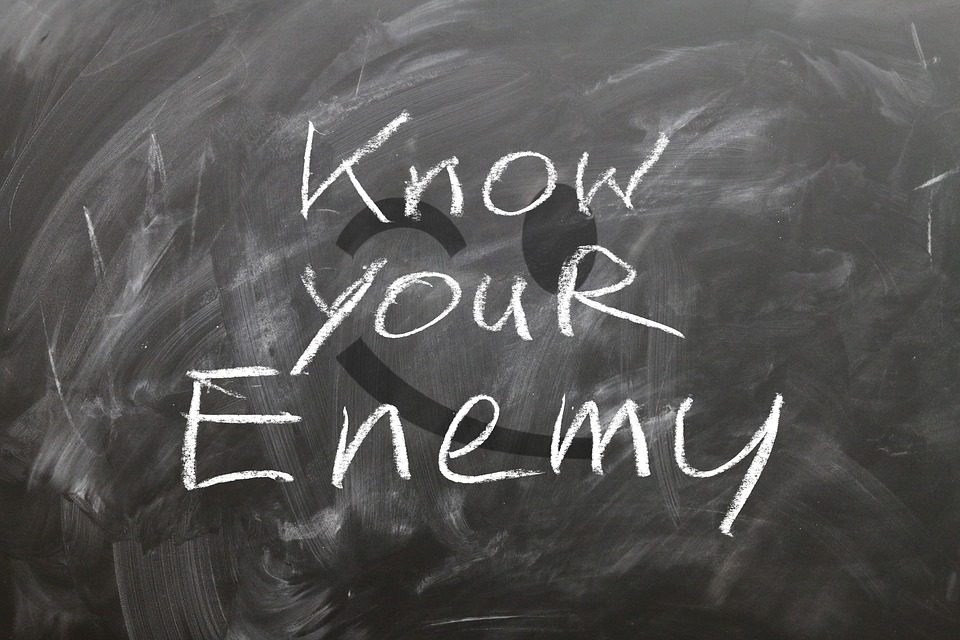
Hey Joe, Whaddya Know?
One tricky thing about playing with strangers is that gaming is a massive hobby, capable of engaging everyone from occasional casual players to hardcore tournament players. With thousands of games released annually, even the most dedicated gamer isn’t going to be familiar with every aspect of every game. Therefore, the single most important question I ask (after introductions) is also one of the most obvious: “are you familiar with this game?”
It sounds simple, but I’ve been at plenty of tables where it went unasked, and the difference is noticeable. By checking with other players, you set a positive tone at the outset by showing them that you are as focused on their experience with the game as your own. If you’re trying to teach a game, it can drastically save time by figuring out which parts are already understood. This goes double if it’s one of those surprisingly hard-to-teach games! Lastly, asking about familiarity gives you a window to learn more about someone else’s gaming habits: where they get information about games, what other similar games they may like, and so forth.
Grin and Share It
Hands down, the best way to ensure you’re connecting with everyone at the table is to smile. Most players instinctively smirk when we’re doing well, but make sure that you’re not just celebrating your own play. Smiling is a powerful social tool that helps everyone bask in the fun of the game. A genuine smile can be infectious, and research has shown that the act of smiling will actually change your brain’s interpretation of events and help you think positively about a situation. If you’re having a bad game, try smiling more: it might just help you turn things around.
Of course, all that smiling doesn’t do any good if no one can see it. Share that grin with the whole table! Making eye contact with the other players, even if only for a moment, will drastically improve everyone’s experience. It can be difficult to remember in the midst of a tense turn, but taking a moment to look up from your board and visually check in with the other players helps build camaraderie. It can also help you see if anyone needs a break, a rules reminder, or a refreshment.

We’re All in it Together
When playing with strangers, it can be easy to get wrapped up in a competitive mindset. After all, there are no long-term social consequences to worry about, and without the established social norms of a regular playgroup, you may not even realize when you’re playing to win instead of playing to have fun. Most people will hesitate to call out unpleasant behavior from strangers, so you can’t count on getting a reality check when you need it.
Always be thinking about how you can be helping the whole table have fun. This doesn’t mean you have to sabotage your own play: just win in a friendly way! Make small talk when there’s a long break in the action, rather than always analyzing your next move. Try to seek out opportunities for mutually beneficial collaboration. When someone has a particularly great turn or even a decisive victory, be sure to enthusiastically cheer their success instead of moaning over your own misfortune. If you have to stab another player in the back to advance your own agenda, offer a brief apology: “I’m sorry, but I have to do this. I’m sure you’ll get your revenge next turn!” There are thousands of little things you can do and say during play that will add to everyone’s enjoyment, so take the time to find them. Remember: we’re all in it together!
While playing games with good friends is always fun, playing with strangers is often equally rewarding. Sometimes it’s just the thing to shake you out of a well-worn strategy or help you appreciate an unseen facet of the game. If nothing else, it’s an easy way to find more opponents! And what better opportunity to practice these tips than attending Nashville Tabletop Day tomorrow?


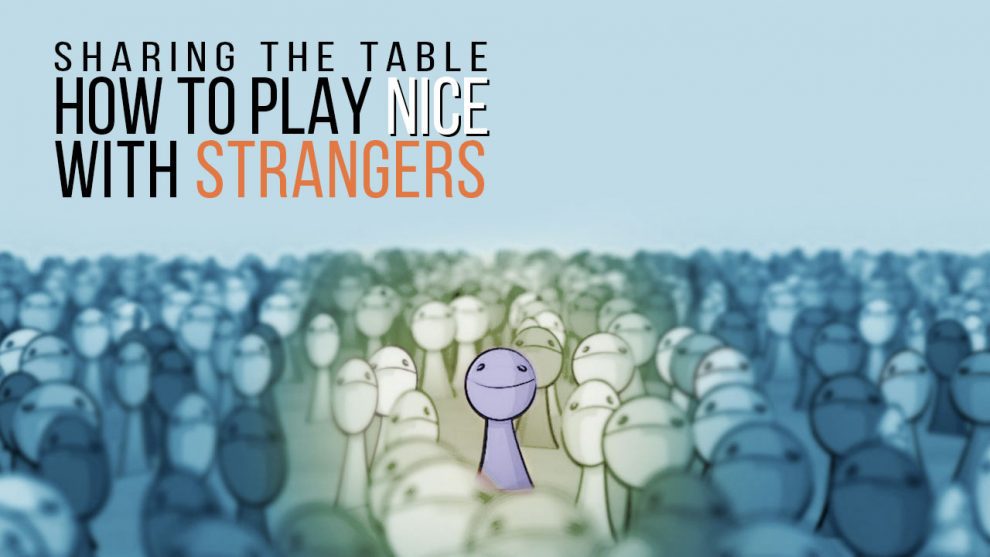
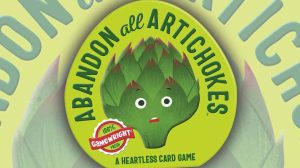

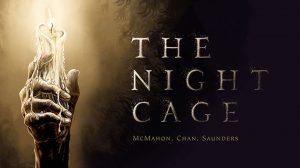
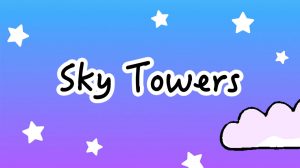




Add Comment